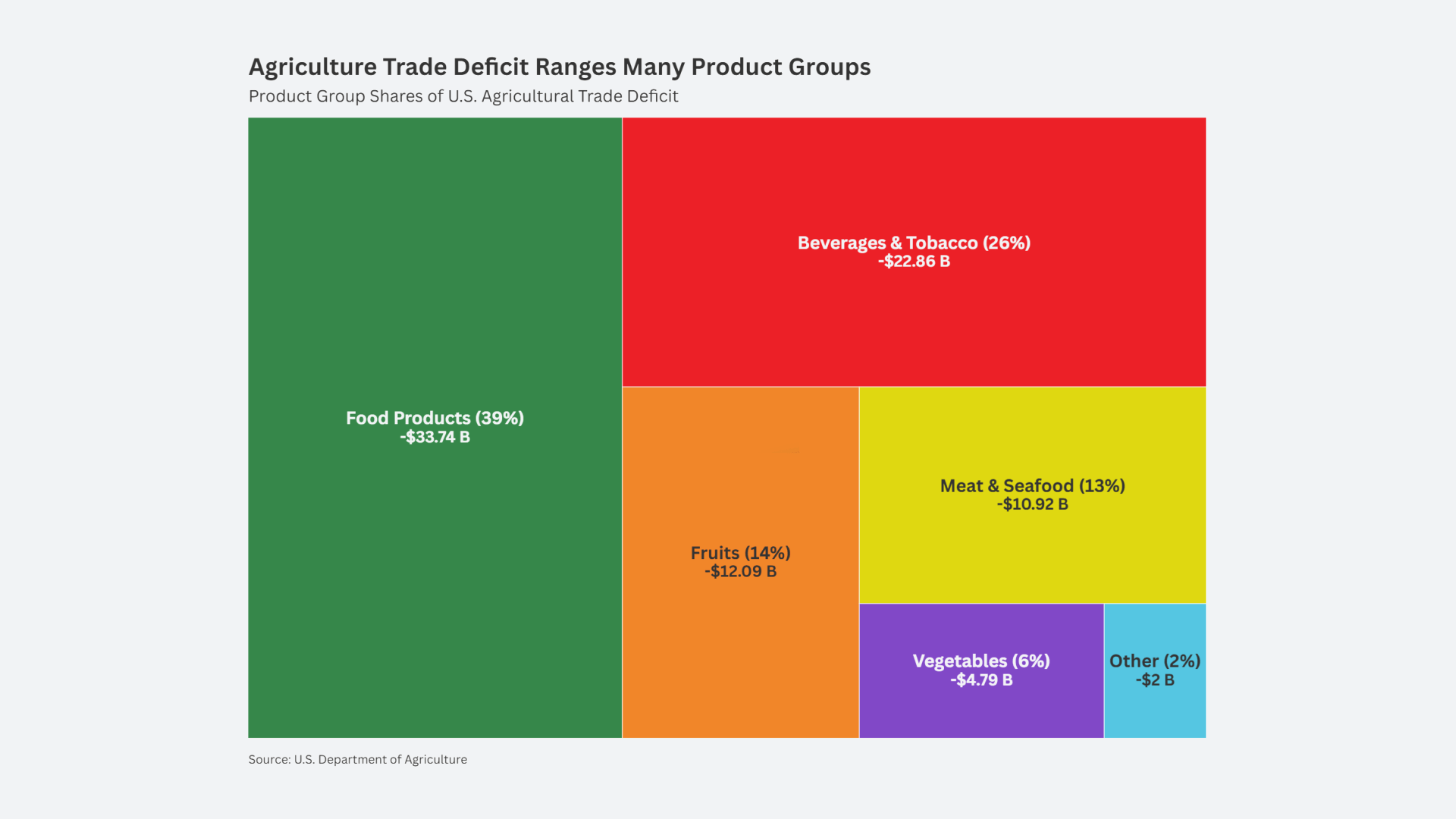In a new report, EPI Director of Research Josh Bivens explains the ways in which globalization has harmed the majority of U.S. workers and how policy decisions and trade deals have amplified this damage, and outlines a progressive response to globalization that would protect these workers’ wages and give the manufacturing sector a chance to reclaim some of the jobs lost to trade deficits in recent decades.
[July 11, 2017 |EPI]
While globalization and growing trade has led to small income gains for the American economy as a whole, it has also redistributed income upward and reduced wages for the majority of American workers. Contrary to popular belief, the damages caused by globalization and regressive trade agreements are widespread, and fall disproportionately on communities of color. While much attention is paid to manufacturing workers who lose their jobs due to competition from trade, Bivens argues, these job losses are overshadowed by the much wider effects of downward pressure on wages.
“Focusing on the damage done by globalization and our policy response to it is not just a concern for white manufacturing workers in the upper Midwest,” said Bivens. “Globalization and our failed policy response to it has done damage to the wages of all working class Americans.”
While the acceleration of globalization was likely always going to be hard on most American workers’ wages, the damage has been amplified by intentional policy decisions that have prioritized interests other than widespread wage growth. One such policy has been the signing of trade agreements that erode American workers’ economic leverage and ability to claim higher wages while bolstering protections for the profits of U.S. corporations. Examples of provisions in trade agreements that tilt this balance of economic power from workers and towards capital owners and corporate managers include investor-state dispute settlement provisions and increased intellectual property protection. Furthermore, Bivens argues, U.S. policymakers have failed to keep the value of the U.S. dollar from being pushed to values that hamstring the competitiveness of American production, with the resulting currency misalignment leading to trade deficits and manufacturing job losses.
Bivens lays out a progressive response to globalization, which would blunt the damage caused by globalization while boosting U.S. living standards. Bivens’ proposal includes:
- Acknowledge the amount of damage to jobs and wages caused by trade, and fully compensate negatively affected workers through stronger redistributive domestic policies.
- Stop pursuing new omnibus trade agreements based on the model of the North American Free Trade Agreement (NAFTA) that provide increased protection for corporate profits while undercutting American wages.
- As international policy is reoriented away from such regressive trade agreements, prioritize measures that will benefit workers in the U.S. and in other countries, such as addressing currency misalignments, developing international policies to enable countries to tax capital income, including clamping down on abusive tax havens, instituting an international financial transactions tax, and harmonizing national policies aimed at combating global climate change.
“The past 20 years of trade agreements have not been exercises in good-faith liberalization of trade or expanding access of the world’s poor to U.S. markets,” said Bivens. “Instead, these agreements have expanded the rights and power of multinational corporations at the expense of workers at home and abroad. This is not how we should be engaging in the world, and it is not retreating into isolationism to recognize this. We can do better by both America’s workers and the workers of our trading partners.”













